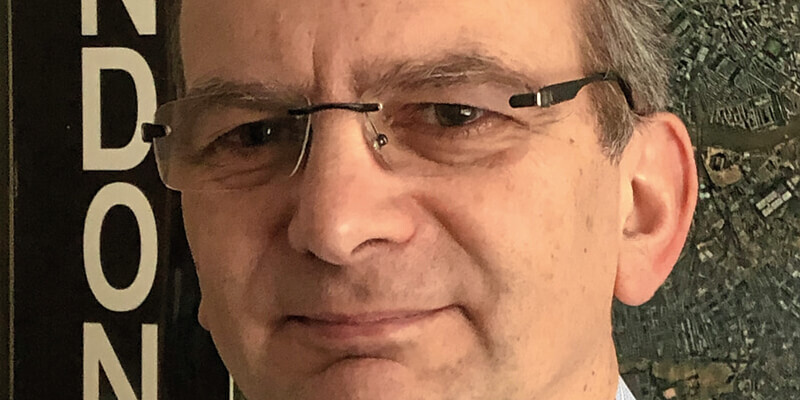Seppe Cassettari suggests that it is time for our professional and trade associations to rethink their role and how they measure-up to the task

One of the things many of us want to do is put something back into our communities by volunteering. Yet for many local organisations, the big concern is where to get help, even if Covid-19 has encouraged us to be more involved. We all live busy, almost frantic lives, and it is becoming increasingly difficult to persuade people to make space and commit. The growing raft of legislation and rules, while well intentioned, often acts as a brake on people’s willingness to get involved.
The same seems to be true about the wide array of organisations at the national level which, one way or another, support the mapping industry.
Surveying the scene
My involvement with the British Cartographic Society (BCS) started after university and provided me with an opportunity to mingle and learn from those with many years’ experience in an industry that I wanted to make my career. I was privileged (as I see it) to be elected BCS President between 2004 and 2006. Nor was it the only organisation I joined. In the early formative days of the Association for Geographic Information, I was a Council member for a period.
Those of us who work in the non-surveying part of the mapping world don’t need to be part of a professional body. There is no driver to make you join, it being very much down to the individual. Some do and take an active role; others don’t see the point.
I’ve recently resumed a more active role in the BCS and realised the pressures these small learned societies are under. Interestingly for the BCS, it is not a problem of falling membership, for it enjoys small year-on-year increases. And if you include those represented by its corporate members, it reaches more than 5,000 individuals in the wider mapping industry.
Nor is it a problem of money. The BCS has kept its membership subscriptions relatively low, spent wisely, and been able to accrue a significant fund for investment. As a charity it has been able to meet all the guidelines on funding that come from the Charity Commission, so it is well set for the future, even largely recovering from the dramatic stock market crash earlier this year.
There is an active management team of all ages with several new faces getting involved and bringing lots of new ideas. It has the feeling of an organisation that is needed, and can meet the challenge of delivering on the aspirations of its members.
So what’s the problem?
So what is my concern? It is less a specific concern for the BCS and more a general concern about the way the mapping world is represented.
There are several learned societies whose role is to provide a home for professionals and support their career development, as well as offering a community for the ‘interested’ or hobbyist. There are the professional bodies, and there are the trade organisations.
Most organisations perform more than one of these roles, some better than others. Not all have been sustainable. We have over the years seen mergers and, in some cases, the disbandment of a group.
We do spread our collective resources very thinly. Of course, organisations bloom and fade as technology changes and the significance of a particular topic wanes or become mainstream. Those who had administrative support may have lost it; others rely totally on the willingness of a few volunteers to do the necessary background work. This lends itself to dramatic changes in direction depending on the views of the current leadership, or perhaps to a period of decline caused by apathy and lack of involvement.
So should we continue as we are or is there a different model for the future?
Speaking with many voices
John Major, as PM in the early 1990s answered, when asked about future government support for the emerging GIS technologies, something along the lines of – ‘geography, oh that is the subject which speaks with many voices’. And that is as true today as it ever was.
The UKGEOForum - set up as a way of getting all the related societies together to discuss their respective and often overlapping concerns and problems - was a good idea. But it has no teeth. It is very much down to the enthusiasm of the current chair and the influence of the biggest players, especially the RGS and RICS.
Perhaps a more consolidated, formalised version of the UKGEOForum is a way ahead?
Some would argue that the pace of technological change favours small groups banding together for a time to share information and experience, and that the role of the formal society or trade body is over. I’m not so sure. The industry needs formally constituted and accountable organisations that can represent it. But we can’t really continue as we are. We need to rethink how the mapping industry presents itself to the wider world.
Dr. Seppe Cassettari is a GIS professional, with more than 25 years’ experience in developing and applying geospatial technologies in the public, private and educational sectors. He was most recently CEO of The Geoinformation Group (now Verisk’s Geomni UK business)


